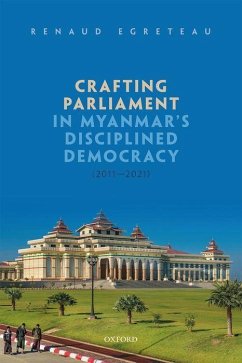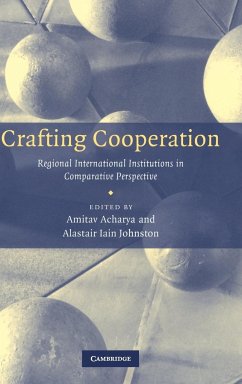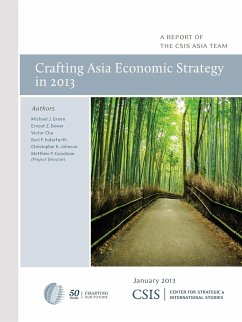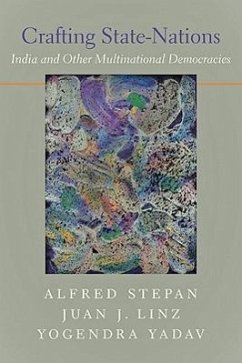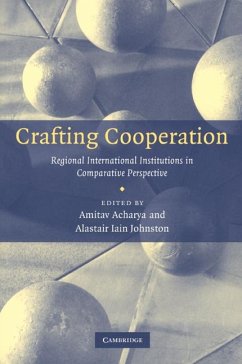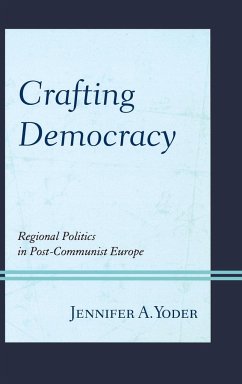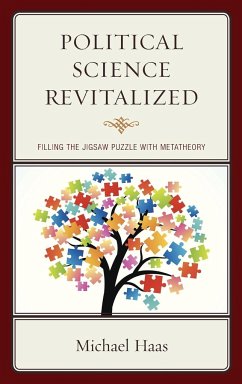
Crafting Peace
Strategies to Deal with Warlords in Collapsing States
Versandkostenfrei!
Versandfertig in 1-2 Wochen
54,99 €
inkl. MwSt.

PAYBACK Punkte
27 °P sammeln!
Crafting Peace analyzes warlords in depth, including their organizational structure and the context in which they operate, ultimately exploring the effectiveness of various short and long-term strategies to deal with warlords. Instead of focusing strictly on economic causes, the focus here is on the extremely frail political/security environment that allows warlords to rise up, seize power, and profit in the midst of chaos. This deeper political context, under-analyzed in other texts in terms of its effect on warlordism, is crucial to understanding both why warlords arise and how they should b...
Crafting Peace analyzes warlords in depth, including their organizational structure and the context in which they operate, ultimately exploring the effectiveness of various short and long-term strategies to deal with warlords. Instead of focusing strictly on economic causes, the focus here is on the extremely frail political/security environment that allows warlords to rise up, seize power, and profit in the midst of chaos. This deeper political context, under-analyzed in other texts in terms of its effect on warlordism, is crucial to understanding both why warlords arise and how they should be dealt with.






